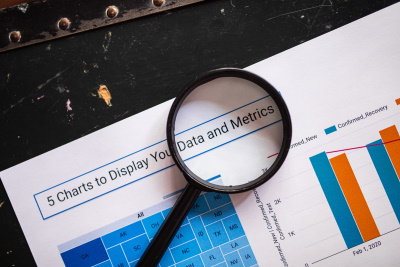If your product is still in the growth lifecycle, then budgeting your sales distribution drive based on what you currently have will mean you’ll be crawling towards success. You need to factor in the cost of growth, not the cost to serve.
Field sales is essential for building a product’s distribution, volume, and overall growth within independent retail channels, however in today’s highly competitive environment field representatives are expected to scale up activities with speed and agility to maximise opportunities. While it is still common for companies to build and manage their own internal field teams, this can often present challenges that can detract from the business’ core offering and function. For this reason, more brands are recognising the benefits and competitive advantage of outsourcing to a specialist field agency.
When looking to partner with a field agency, it’s important to remember that not all agencies are the same and choosing the cheapest option can often end up costing the most. A common approach that brands will take when going to market is looking at the “cost to serve” the existing channel. While this is an understandable mindset and quite common in the commercial analysis of head-office driven retailers, for field sales in independent channels, a business can limit its growth if the calculations are assessed against current sales.
Patricio Servat, business development manager at CROSSMARK Australia, has seen first-hand the impact that a targeted field sales strategy can have on a brand’s success and encourages companies to factor in the value of growth and distribution when appointing a field agency. “If your product is still in the growth lifecycle, then budgeting your sales distribution drive based on what you currently have will mean you’ll be crawling towards success. You need to factor in the cost of growth, not the cost to serve.”
Servat believes this cost of growth mindset helps brands unlock their potential within a channel. “Speed to market, professional salespeople, targeting the right high-value stores, negotiating better deals and using data reporting capabilities intelligently is what clients should expect from their field agency partner. This smarter and more adaptive approach to field sales achieves better results, increased distribution and sales, which ultimately delivers a higher return on investment.
Servat suggests brands consider the following three steps before engaging a field sales agency.
- Conduct an analysis: brands should consider the strength of their product, its potential in the channel, and how it differentiates from competitors. If the product has enough opportunity, invest in a strategic partner who can design a smarter plan, guide you through the process, and own the execution.
- Partner with an agency that can help grow your distribution: an effective field team isn’t about buying minutes, it’s an investment in distribution results. Identify your distribution targets then build a case for procurement to ensure everyone’s aligned.
- Get all your ducks in a row: maximise the effectiveness of your field sales execution by having a strategy in place for your distribution and top multi-site owners (MSOs). They will open the doors required before even walking into a store.
By engaging the right field partner, businesses will not only be well placed to optimise growth and distribution opportunities, but they will also benefit from extensive retail industry expertise and business intelligence capabilities that can be key to a product’s success.
If you’re interested in understanding more about the benefits of outsourcing field sales, call CROSSMARK on 02 9439 1233 or use our contact us form.
